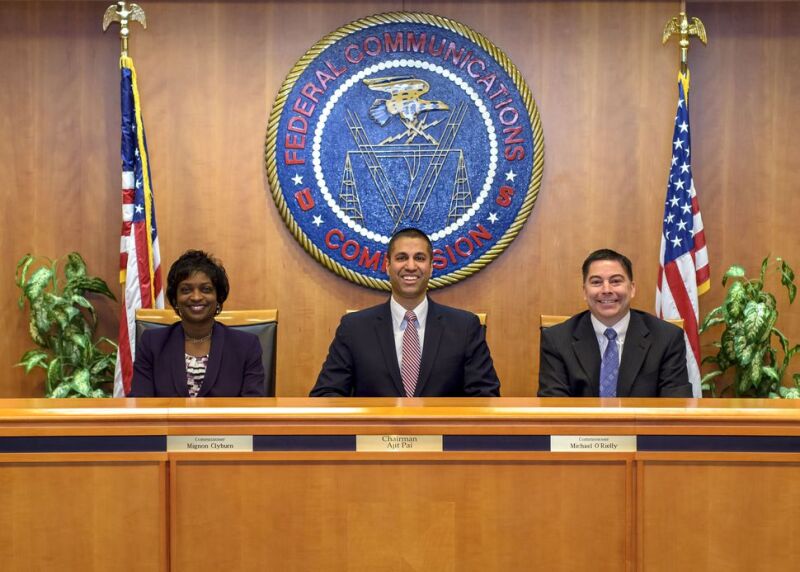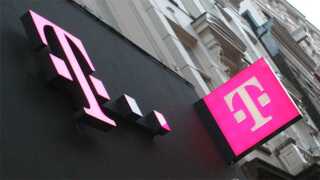
By updating various technical and service rules applicable to the 800MHz cellular service band, carriers should now be better enabled to transition cellular spectrum from 3G to 4G LTE technologies. The FCC is enabling investments in and provisioning of mobile broadband services in the band and it now permits wireless providers to offer LTE on their 800MHz mobile networks, while protecting adjacent public safety systems.
“The legacy rules limit wireless coverage for companies that want to deploy LTE,” said Ajit Pai, the FCC’s chairman. “This state of affairs changes today. The reforms we are adopting will help wireless companies better meet consumer demand for mobile connectivity and continue to innovate by facilitating the use of cellular spectrum to provide advanced services such as LTE.”
The adopted revisions will help to support providers “accommodate continued skyrocketing demand for mobile broadband,” said an FCC statement, which added it “will allow providers to use Cellular spectrum to provide mobile broadband service to the public more efficiently, reduce barriers to innovation and investment and ease administrative burdens. At the same time, the rules will continue to safeguard public safety operations.”
The FCC's new rules
• Power Reform: The Commission will facilitate broadband technologies by changing its technical rules to permit cellular licensees to transmit the same amount of power across the spectrum band, whether they are deploying a legacy (narrow bandwidth) technology or modern (wider bandwidth) technology like LTE.
• Co-existence with Public Safety: The Commission will continue to ensure co-existence of cellular and neighbouring public safety systems by retaining cellular-specific interference resolution rules and procedures and by engaging stakeholders via a public forum.
• Consistent Treatment with Similar Spectrum Bands: The Commission will treat cellular spectrum consistently with other similar commercial wireless spectrum bands by conforming rules related to power measurement, out of band emissions, field strength, and discontinuance of operations.
• Unnecessary rules/burdens: The Commission will eliminate unnecessary rules and burdens related to application filings, domestic and international coordination, and comparative renewal.
Commissioner Michael O’Reilly critiqued that the petition requesting the change was filed back in 2012. He inferred that the rules were not current, technologically neutral or promoted flexible use, adding the Commission “can’t take five years to update them.”
However, O’Reilly stated: “By simply modifying the Cellular power rules to also include workable power metrics for wideband technologies, we provide companies the flexibility to deploy the technology of their choosing. In permitting LTE on this band, we are, in effect, improving spectrum efficiency and facilitating mobile broadband deployment. It also places Cellular spectrum on the same footing as other commercial services, such as PCS, AWS and 700MHz.”
Commissioner Mignon Clyburn added: "Many thanks to this team and the Wireless Telecommunications Bureau, for working to move away from outdated paradigms and facilitate ubiquitous connectivity in wireless services."
Verizon welcomes reform
Verizon has welcomed the new cellular service reform rules. “The FCC’s unanimous adoption today of Cellular Service Reform rules is a big win for wireless consumers. The FCC’s actions will enable Verizon to increase the capacity of the nation’s best LTE network and increase speeds for millions of Verizon Wireless customers. These rules will also allow us to extend LTE coverage using our substantial cellular spectrum assets,” said Adam Koeppe, Verizon vice president of technology planning.
“Currently, 4G LTE devices are used by over 75% of Verizon Wireless customers. More than 95% of our data usage and the majority of our voice volume is carried by the best 4G LTE network in the country. Today’s order enables Verizon to accelerate the conversion of 850 MHz spectrum from 3G and put it to use for 4G LTE. The upside for consumers is big: Verizon Wireless will be able to provide 4G LTE coverage on cellular spectrum to 20%-30% more of the US geography – strengthening its existing coverage advantage over others in the industry – and also increase peak 4G LTE speeds by as much as 40%."




